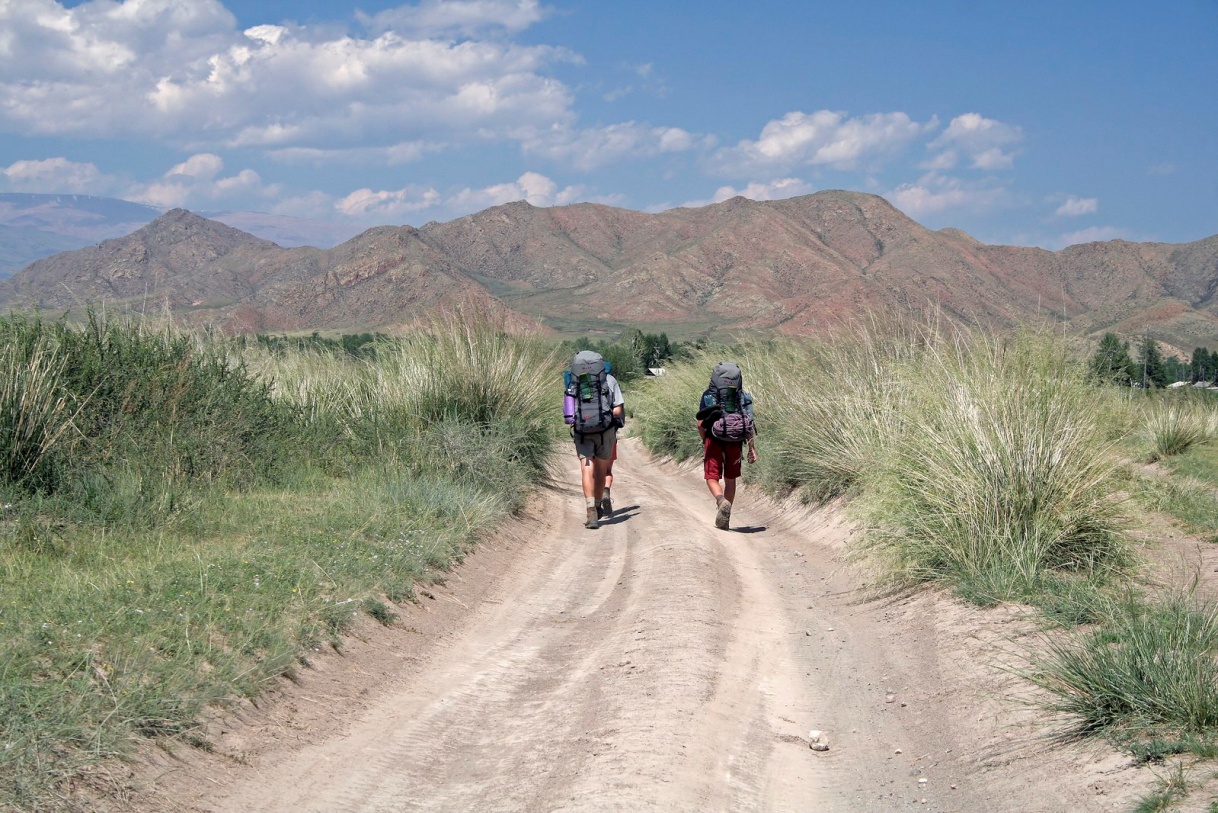While travelling to different parts of the world offers many opportunities for memorable experiences and fun adventures, it also comes with a number of risks and dangers that can ruin your entire trip. Because you are a foreigner, standing out is inevitable, and becoming a primary target for various malicious and crooked intent is to be expected.
How do you keep yourself safe from travel scammers? What preparations do you need to do to minimize the chances of finding yourself in these unfortunate situations?

Purchase travel insurance before your trip.
What do you do if your flight is suddenly cancelled due to bad weather, if your check-in luggage is nowhere to be found, if your expensive camera and laptop are stolen, or if you twist your ankle while hiking?
Travel insurance offers many benefits that can save you from a lot of headaches and stress in case something goes wrong while you are on vacation. It comes in different types with different policies that cover flight cancellations and accidents, lost baggage and personal belongings, medical emergencies, deaths, and others.
Inform your bank.
To be able to use your credit, debit, and ATM cards while travelling abroad, you should get in touch with your bank before you fly out and tell them about your trip.
There are many stories online about people not being able to access their accounts outside of their home country, as their bank froze and locked their cards because of suspected fraudulent activities. If you do not want to be stuck penniless, miles and miles away from home, do not forget to contact your bank.
Take note of your country’s embassy’s contact information.
Before your trip, find out if your country has embassies in your destinations. Save their phone numbers, addresses, e-mail addresses, and other contact details on a small notebook or your phone. By having these pieces of information ready, you can easily get in touch with them if you find yourself in a bind somewhere along your journey.
Send copies of your itinerary to family and friends.
Create an itinerary with your planned day-to-day activities, accommodations and their addresses and contact information, flights, and so on, and e-mail it to your parents, siblings, close friends, or any other people that you trust.
By doing so, you give them peace of mind, as well as sufficient information that can help them and the authorities track you down in case you cannot be reached for days or you fail to come home on your supposed date of return.
Be familiar with common travel scams.
In many tourist cities and destinations, there are people who prey on clueless foreigners, luring them into shady bars and clubs, stealthily stealing their valuables, and scamming them out of their money. To avoid being a victim of these deceitful individuals, you should do some research on what the common scams are in the places that you are visiting.
In Paris, for example, stay away from groups of young women who want you to sign a petition. As some of them are explaining what the petition is all about, the others are actually working on stealing your wallet or other valuables in your bag.
In Cambodia, when getting a visa, make sure that you only approach real Cambodian immigration officials at the border office. There will be individuals who will walk up to you and claim that they can process your visa faster as long as you pay them several times more than the regular cost of visa on arrival.
Remember to always use your common sense and be vigilant.
Get a secure bag for your valuables.
You should keep your passport, cards, and cash in a separate bag that is small enough to let you hide it underneath your clothes, and have with you at all times, even when sleeping. Do not leave them in your suitcases or backpacks, as thieves will have no problem just snatching these from you the one second you turn your head away.
If you packed your camera, laptop, or other gadgets with you, stash them in a light daypack that you can wear everywhere or put on your lap when riding trains and buses.
Dress appropriately.
Did you know that in many religious sites in Asia, you are not permitted to enter if you are showing too much skin?
If you plan to visit temples in Japan, Thailand, and others, you have to wear the right kind of clothing, i.e. no exposed shoulders and knees. You can still wear a sleeveless shirt or a short skirt when touring other spots, but make sure to have a scarf or shawl with you to cover yourself up before entering temples, and other similar attractions.
Interact with the locals.
When travelling to unfamiliar territories, bear in mind that not everyone is out to get you. Do not be afraid to meet the locals when you are exploring. Be friendly with your hotel or hostel staff. Share your itinerary with them, and welcome their advice. Do not hesitate to ask for recommendations on the most delicious local dishes, best restaurants to dine, must-see concerts and shows, or sketchy areas to avoid.
Meet fellow travellers.
For some, travelling is a lot more fun and enjoyable if done with others. If you are on a solo trip and staying at hostels, it is very easy to find like-minded people who you can eat meals with or tour with. Spend time in the common room or lounge, and do not be scared to strike up a conversation.
In certain places around the world, it is actually far safer to travel in groups to deter con artists who usually target those who are alone. In India, for instance, many solo female travellers have reported being harassed or felt up in packed trains and buses, and even while walking on the streets. But, if you are out in a group with a couple of men, you will probably feel safer and more secure.

